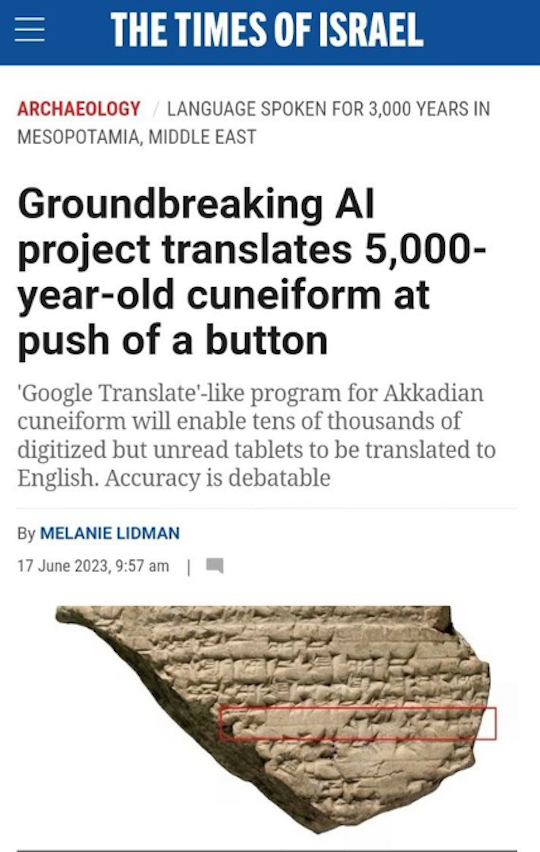
Salt, Silver, and Software
Posted July 18, 2023
Chris Campbell
Competition—that silent maestro—conducts the symphony of global markets, shaping the melodies that reverberate through the ages.
Each era has its own flavor of rivalry, be it for resources, territories, or trade control.
In the 19th century, during the Industrial Revolution, nations competed for coal and iron.
In the 18th century, the competition was about territorial conquest and the control of trade routes. The goal was to amass wealth in the form of gold, silver, and other commodities like spices, tobacco, and cotton.
The 17th century was marked by the spice and fur trades. However, a grim competition also arose: the slave trade.
In the 16th century, the Age of Discovery spurred competition for gold, silver, spices, and silk, with nations aiming to control newfound territories and trade routes.
As we navigate the labyrinth of the 21st century, the million-dollar question arises: what's the next 'it' in the global contest?
I have a pretty good guess.
The Power of Computation
The AI future is a gold rush…
Where control of computing power is the pickaxe that could reshape global power dynamics. With the advent of 5G and IoT, hunger for computing power is poised to explode.
Those who reign over the vast empire of computing power could become puppet masters of global economics and military might.
That’s why China announced its desire to trump the US by 2030, and America, unwilling to be overshadowed, fortified its semiconductor muscle with the 2022 CHIPS Act.
But… why?
What could AI do for us, really?
Well, beyond its darker dimensions, it could be a boon for science.
It could help us unlock history’s deepest secrets and decipher lost languages.

AI could expedite the discovery of new materials by predicting their properties from their atomic structures, propelling advances in energy storage and medicine.
It could customize educational content to each of the student’s needs, improving outcomes.
It may help us unravel the mysterious origins of life.
It could do whatever you want, really.
Plan your day based on your horoscope… become a virtual matchmaker… sing your emails to you every morning… and choreograph dance routines for your houseplants (for fun and so they receive optimal sun).
But there’s a problem.
The path we’re on is leading us to monopoly.
Monopolized AI poses significant risks, including threats to privacy, autonomy, and innovation.
A single entity would control vast amounts of data and the systems that learn from them, potentially resulting in an unprecedented level of surveillance and data misuse.
A few corporations or governments would hold all the power, stifling competition and innovation and consolidating an unhealthy amount of control and influence over society.
Centralized AI is vulnerable to hacks, manipulation, and various forms of virtual malfeasance.
The solution to prevent this scenario? Distributed networks where processing might and data vaults are scattered, not hoarded.
Also known as…
Federated Learning
By way of analogy, let’s consider the strange herbal drink Chartreuse.

It is a secret concoction consisting of over 130 herbs, plants, and flowers, refined by Carthusian monks who, for hundreds of years, have guarded disparate parts of the recipe in a monastery in the French Alps.
Each monk knows a part of the recipe, but no one monk knows the whole thing.
This is a perfect metaphor for Federated Learning.
In place of the monks, consider your personal devices (like your phone, laptop, or smartwatch), each holding a piece of information (the recipe).
They all want to improve an AI model (our Chartreuse), but they can't share their data with each other directly because it's private and sensitive.
Each device refines the AI model using its data, much like a monk perfecting his portion of the recipe, without spilling the beans. The local tweaks are then shared with a central server (think head monk), improving the model while keeping the data secret.
So, our AI becomes sharper, akin to our Chartreuse growing tastier, all while securing the data's sanctity.
Federated Learning comes with several perks.
It secures data privacy (essential for health or finance), reduces data traffic, and saves energy by processing on edge devices. It has no Achilles' heel—no single point of failure, making it resilient against attacks.
The decentralized nature allows scaling as more devices join in—ideal for our IoT era. It enables real-time learning from numerous sources, refining algorithms for more accurate, robust models.
Though there are a few technical limitations, several projects are working to overcome them.
A Massive Opportunity
By placing your bets on Federated Learning, you're investing in a future where AI not only becomes smarter, but also respects individual privacy and harnesses the power of distributed computing.
This opens a world of possibilities in healthcare, finance, and IoT, where secure, decentralized AI can truly shine.
As usual, we’re keeping an eye out for investment opportunities in this space. (Although our Early Stage Crypto Investor subscribers have already received TWO recommendations in this arena.)
More on that soon.
